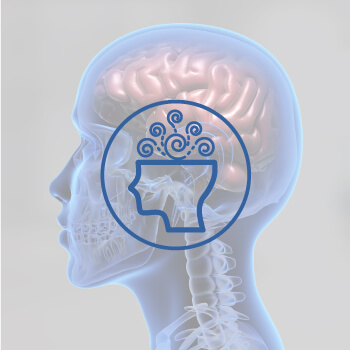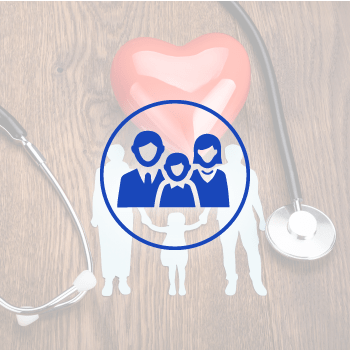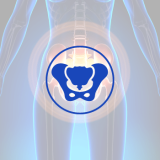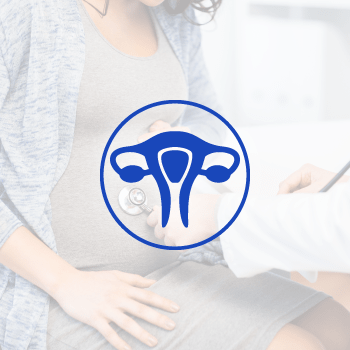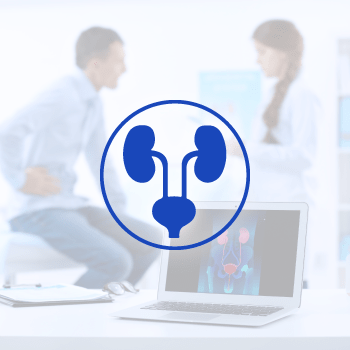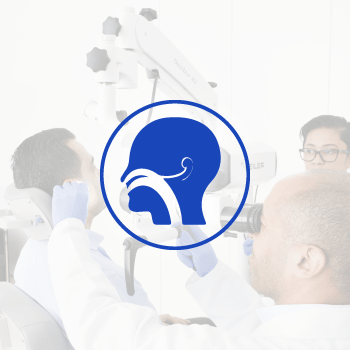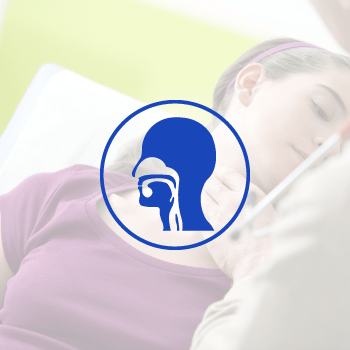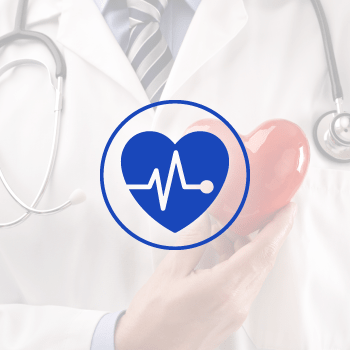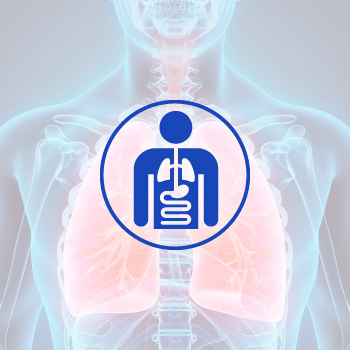Hypertension
Hypertension, often referred to as high blood pressure, is a common and potentially life-threatening medical condition that affects millions of people worldwide. This condition can strain the heart, damage blood vessels, and lead to various health complications if left untreated.
Understanding Hypertension
Blood pressure is the force of blood pushing against the walls of the arteries as the heart pumps it around the body. It’s measured in millimeters of mercury (mmHg) and consists of two values:
Systolic Pressure: This is the higher number, representing the pressure in the arteries when the heart beats and pumps blood into the arteries.
Diastolic Pressure: This is the lower number, indicating the pressure in the arteries when the heart is at rest between beats.
Blood pressure categories in the new American College of Cardiology (ACC) and the American Heart Association (AHA) guideline are:
- Normal: Normal blood pressure is typically around 120/80 mmHg
- Elevated: Systolic between 120-129 and diastolic less than 80
- Stage 1: Systolic between 130-139 or diastolic between 80-89
- Stage 2: Systolic at least 140 or diastolic at least 90 mm Hg
Hypertension is diagnosed when blood pressure consistently exceeds 130/80 mmHg.
- Hypertension Causes
- Symptoms
- Risk Factors
- Complications
Hypertension can have various causes, including:
Primary Hypertension: This is the most common form of hypertension, and its exact cause is often unclear. It tends to develop gradually over time and is influenced by factors like genetics, age, and lifestyle.
Secondary Hypertension: This type results from an underlying medical condition, such as kidney disease, hormonal disorders, or the use of certain medications. Treating the underlying condition often resolves secondary hypertension.
Hypertension can be present without any symptoms, hence the name: Silent Killer
Some symptoms and signs associated with high blood pressure:
- Headache
- Dizziness
- Fatigue
- Nosebleed
- Shortness of Breath
- Vision changes
- Chest Pain
Risk factors for developing hypertension include:
- Family history of hypertension
- Obesity or overweight
- Lack of physical activity
- High salt intake
- Excessive alcohol consumption
- Smoking
- Stress
- Age (risk increases with age)
- Chronic kidney disease
- Snoring, sleep apnea and sleep related issues
- Diabetes
- Thyroid and hormonal imbalance
- Pregnancy
Uncontrolled hypertension can lead to severe health complications, including:
Heart Disease: High blood pressure can strain the heart, leading to conditions like coronary artery disease, heart attacks, and heart failure.
Stroke: Hypertension increases the risk of blood vessel damage in the brain, potentially causing strokes.
Kidney Damage: Chronic hypertension can harm the kidneys, reducing their ability to filter waste and excess fluid from the body.
Vision Problems: Hypertension can damage the blood vessels in the eyes, leading to vision problems and even blindness.
Aneurysms: Weakened arteries can develop bulges that may rupture, causing life-threatening bleeding.
Epistaxis: Hypertension can increase the risk of recurrent and severe epistaxis (nosebleeds) which can lead to anemia, infection, scarring and psychological distress.
Hypertension is a widespread health concern that can lead to serious complications if left untreated. Regular blood pressure monitoring, a healthy lifestyle, and appropriate medical management are essential in preventing and controlling high blood pressure. If your blood pressure consistently measures at or above 130/80 mmHg (ACC/AHA Hypertension Guideline), it’s essential to consult a healthcare professional for further evaluation and management.














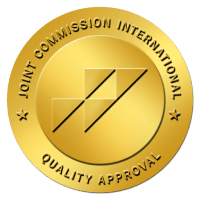
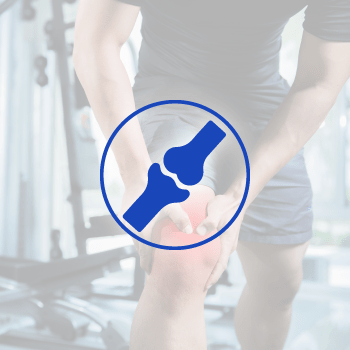 أنقر هنا
أنقر هنا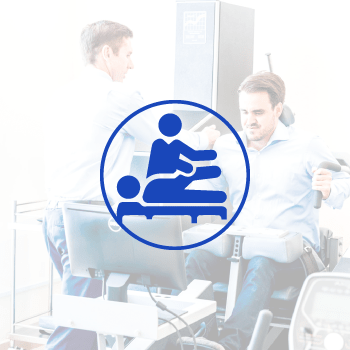 أنقر هنا
أنقر هنا
